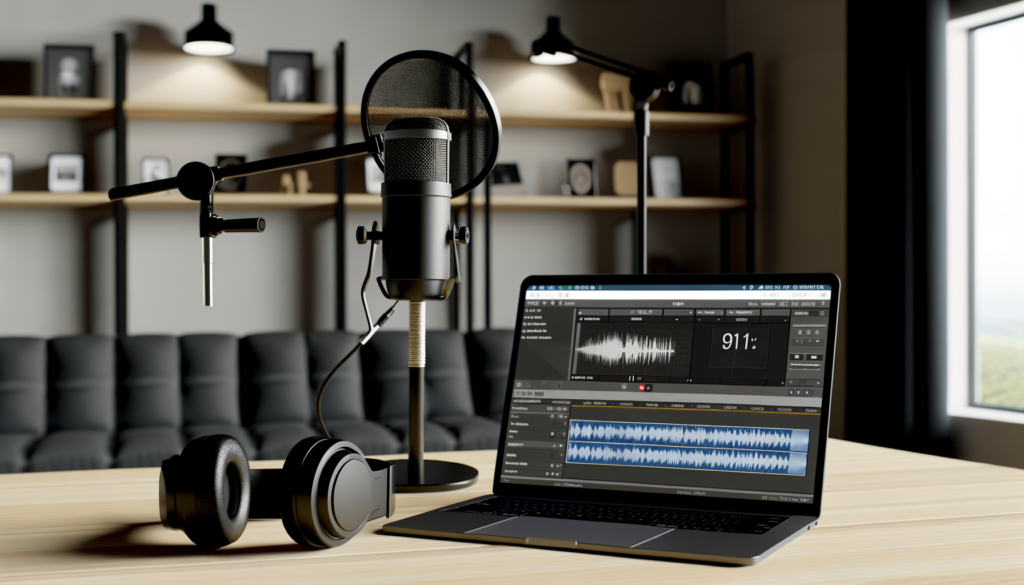Introduction to NotebookLlama
NotebookLlama is Meta’s latest brainchild in the realm of podcast creation, designed to make the process as seamless as flipping a switch. It aims to empower creators by transforming written content into engaging audio experiences. When you stack it against Google’s NotebookLM, it’s like comparing apples to… well, slightly different apples. Both are innovative, but NotebookLlama takes a step further by being open-source, allowing anyone with a knack for tech to dive in and tinker with it. This is a game-changer, folks!
How NotebookLlama Works
The magic happens in a four-stage process that turns plain text files into lively podcasts:
- Pre-processing: This stage employs Llama-3.2-1B-Instruct, which does some heavy lifting to prepare the text.
- Transcript Generation: Here, we see Llama-3.1-70B-Instruct working its charm to generate a coherent transcript.
- Dramatic Enhancement: Llama-3.1-8B-Instruct steps in to add some flair—think of it as the director of a podcast.
- Text-to-Speech Conversion: Finally, the magic wraps up with parler-tts-mini-v1 and bark/suno, transforming text into audio.
Each stage is like a cog in a well-oiled machine, but the real wizardry lies in how these models work together to create something that sounds less like a robot and more like a human.
Features and Capabilities of NotebookLlama
One of the standout features of NotebookLlama is its ability to generate podcast-style content from an array of text files—think PDFs, Word documents, articles, and even blog posts. Talk about versatility!
– The tool can incorporate multiple “hosts,” allowing for a dynamic discussion format. Imagine a podcast where two diverse perspectives clash in a lively debate!
– It even suggests scripting ideas, which is a boon for anyone suffering from writer’s block. Need two agents to argue about pineapple on pizza? Done!
– The potential for dynamic and dramatized content is genuinely exciting, taking storytelling to a whole new level.
Current Limitations and Future Improvements
But, let’s not get too carried away—the tool isn’t without its hiccups.
– Robotic Voices: The current text-to-speech component has a tendency to sound a bit robotic. It’s like listening to a friend read from a script—lacks that natural flow.
– Overlapping Dialogues: Sometimes, the dialogues can overlap, creating a chaotic listening experience that’s more confusing than entertaining.
– There are plans for future updates aimed at improving audio quality, which is a relief because nobody wants a podcast that sounds like it was recorded in a tin can.
– Addressing the inaccuracies or “hallucinations” in AI-generated content is also on the agenda. We don’t want the AI spouting nonsense while trying to sound profound!
Impact on Media Production and Future Prospects
The ripple effect of NotebookLlama in AI-driven media production is already noticeable. It’s taking steps towards a future where anyone can become a podcaster, regardless of their technical prowess.
– When compared with other AI podcast generators, the functionalities of NotebookLlama stand out. It’s like having a Swiss Army knife in a world of basic tools.
– The open-source nature of this tool could revolutionize the media industry, paving the way for user-driven innovations and enhancements.
– User feedback will play a pivotal role moving forward, as expectations for future developments in AI-generated podcasts continue to grow.
In a nutshell, NotebookLlama is not just another tool; it’s a glimpse into the future of media production where creativity meets cutting-edge technology.



